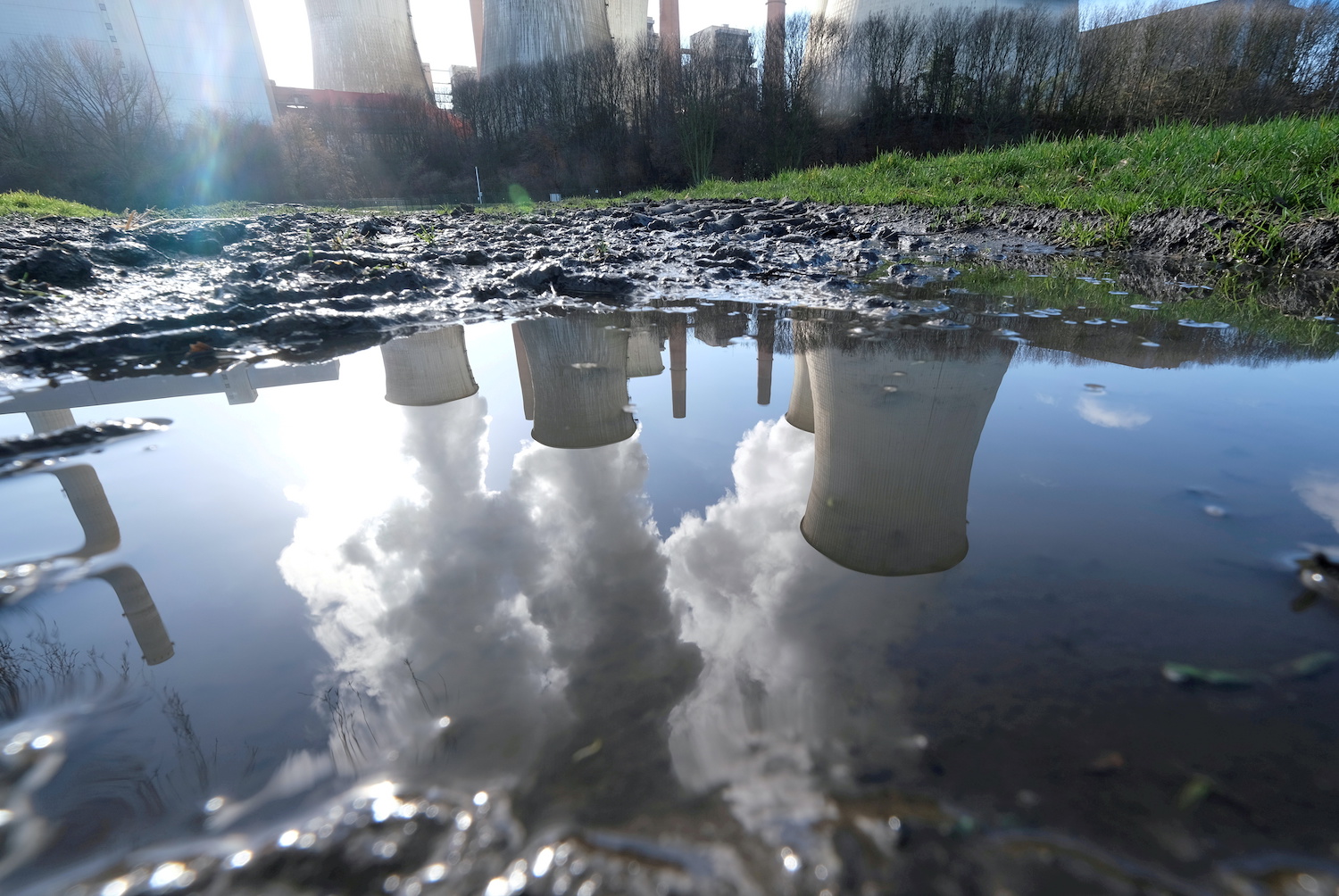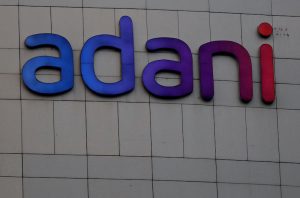After oil giant Shell was ordered by a Dutch court to cut carbon emissions by 45% by 2030, and with New York City authorities suing ExxonMobil for alleged ‘greenwashing’, it seems the lawyers are coming for the carbon offenders
Carbon-polluting firms face an increasing risk of court action as governments feel the pressure to act on greenhouse gas emissions.
A rising tide of climate litigation is coming the way of oil and gas companies, and coal-powered electric utilities, especially, according to business risk analysts Verisk Maplecroft.
The warning comes just days after a Dutch court ordered oil giant Shell to slash its greenhouse gas emissions.
Also on AF: China turns to Turkmenistan for gas, thumbs nose at Australia
Companies operating in developed economies – the UK, EU, Australia and the US, which accounts for the vast majority of cases to date – are most vulnerable to future legal action, predicted the Verisk Maplecroft report.
But the report also highlights a growing number of cases in developing countries despite more limited civil rights and a weaker rule of law.
“Our data points to a shift in major emerging economies, which might not bode well for the carbon-intensive companies operating there,” said Liz Hypes, Verisk Maplecroft’s senior environment and climate change analyst.
“We are seeing climate litigation expand into countries where climate activism is lower but the threat of climate change is more significant.”
LAWSUITS CRESCENDO
So far, most cases suing for strong climate action have been filed against governments. But the Shell ruling, which ordered the Anglo-Dutch company to cut carbon emissions by 45% by 2030, and other recent challenges to fossil fuel companies, suggest the corporate world could see a crescendo of lawsuits.
Last month, New York City sued ExxonMobil and two other oil giants for greenwashing their products and intentionally misleading consumers about the extent to which they contribute to climate change.
An earlier bid by New York to hold five major gas and oil companies liable for damages caused by global warming was rejected weeks before by a federal court, but still inflicted reputational harm, Hypes claimed.
More than 1,800 climate change-related cases have been filed in courts around the world in the last 25 years, most of them since 2010, according to a database maintained by the Sabin Center for Climate Change Law at Columbia Law School.
CLIMATE ACTIVISM
A “climate litigation index” in the report assesses the likelihood of climate lawsuits in nearly 200 countries, based on prior litigation, public awareness, climate activism, and the strength of judicial systems.
The US tops the risk ranking, followed by Britain, Australia, France and Germany. The next 17 countries on the list are all European, with the exception of Canada (10th) and Japan (18th).
But Mexico, Colombia, South Africa, Brazil and the Philippines are all in the top 50, with Indonesia, Pakistan and India just behind, the index showed.
As governments react to public pressure for faster climate action, corporations may fall foul of rapidly shifting regulatory environment.
BRAND REPUTATION
Failure to curb emissions, and lack of transparency about business exposure to climate risk, can also damage brand reputation, even when courts rule in a company’s favour, as has happened in several US cases involving oil and gas majors.
Risk can also come in the form of financial penalties as the scope of nature and climate litigation expands.
Companies and their financial backers “are facing genuine legal risks from which the repercussions may be significant,” said Hype.
With fossil fuels generating 80% greenhouse gas emissions, oil and gas companies, and coal-powered electric utilities, are especially vulnerable to climate liability lawsuits.
- Reporting by AFP
Read more:
EV plug-in shortage has Indian drivers tuning out, putting carbon target at risk
Doubts remain over India’s possible carbon neutral 2050 goal
























